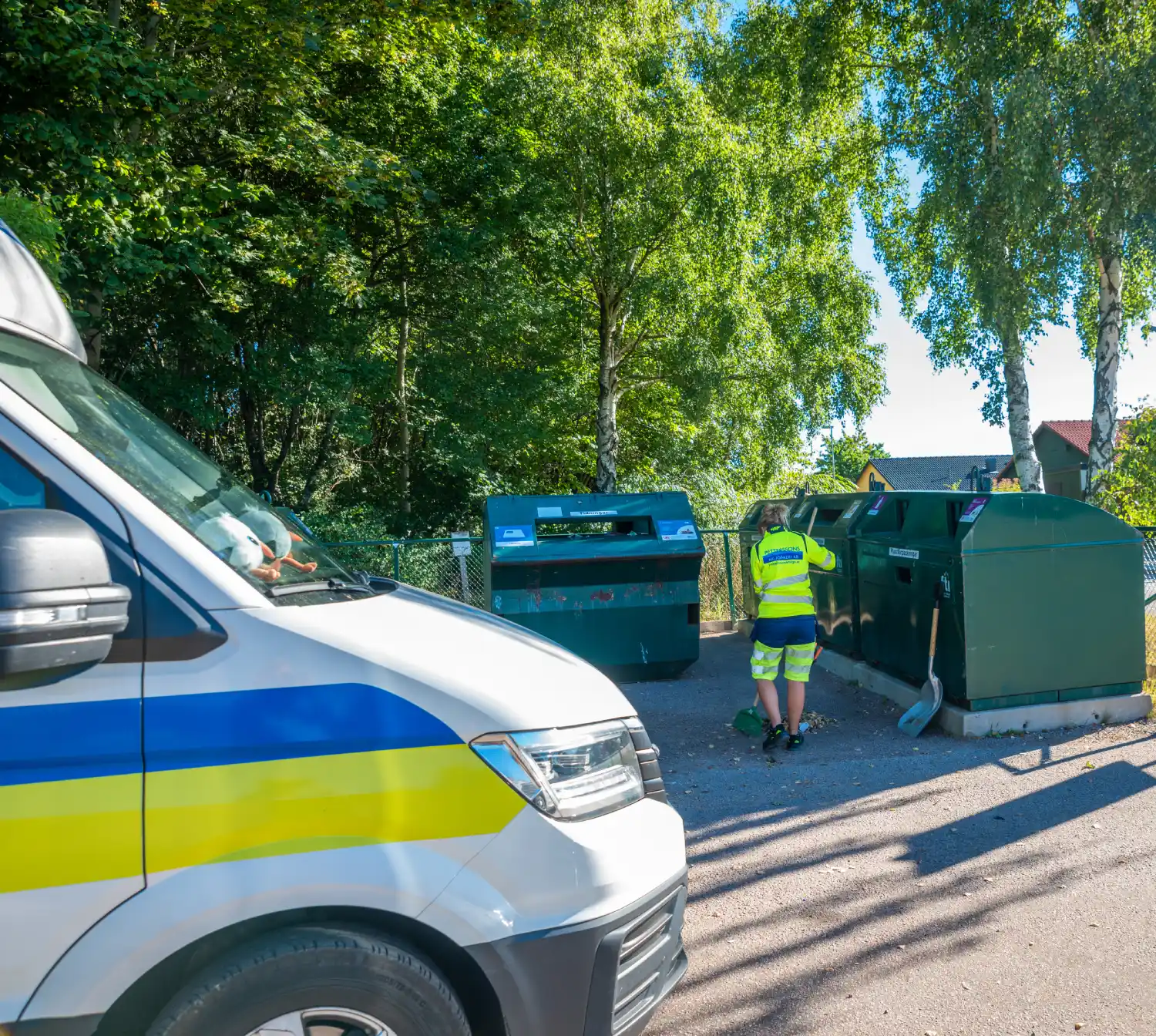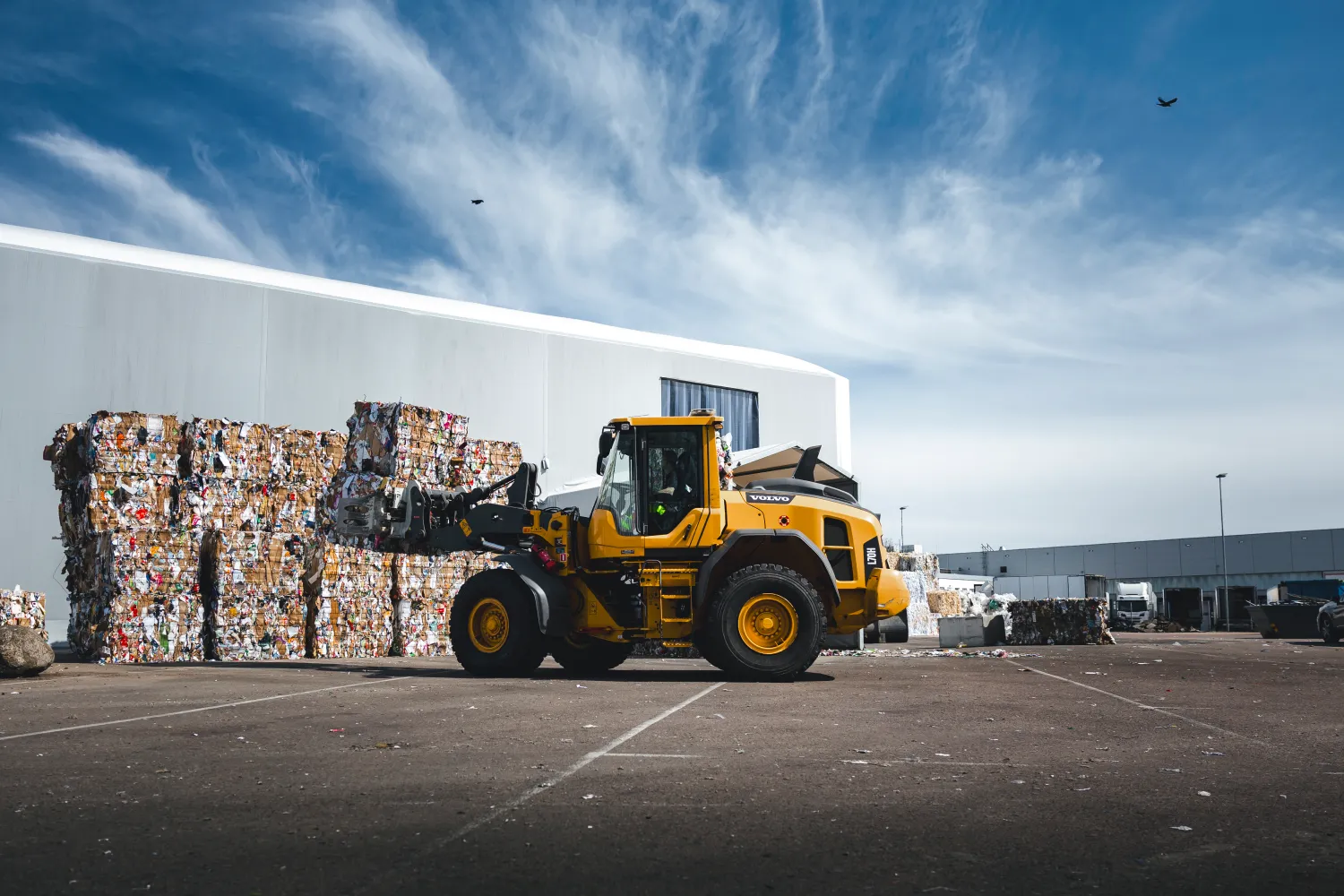Recycling and Air Quality Improvement

Plastic Recycling (Återvinning) is a crucial facet of environmental sustainability, trying to mitigate the intensive environmental affect of plastic waste. Despite its importance, recycling plastics provide various difficulties and needs modern solutions to effortlessly manage these materials.

Issues of Recycling Plastics
Among the main problems in plastic recycling is based on the diversity of plastic types. Pockets are categorized by resin identification rules (RICs), which range from PET (Polyethylene Terephthalate) to PVC (Polyvinyl Chloride), each requiring different recycling processes. This range complicates the selecting and running of pockets, making it costly and resource-intensive.
Contamination is still another significant challenge. Food residue, blended components, and non-recyclable materials may contaminate batches, lowering the quality of recycled plastic and limiting its usability. Moreover, customer distress in what plastics are recyclable contributes to improper removal, further exacerbating contamination issues.
Scientific and Structural Solutions
Progressive systems are emerging to deal with these challenges. Sophisticated sorting technologies, such as for instance near-infrared spectroscopy and robotics, boost the performance and reliability of plastic working, lowering human mistake and contamination risks. More over, developments in chemical recycling offer encouraging answers for hard-to-recycle pockets by breaking them down to their chemical components for reuse.
Structural answers include increasing collection methods and recycling infrastructure. Employing standardized recycling brands and educational campaigns will help clarify recycling directions for consumers, reducing contamination and increasing recycling rates. Local recycling services and partnerships between industries and municipalities also perform an essential role in optimizing plastic recycling processes.
Environmental Influence and Future Directions
Successful plastic recycling contributes significantly to environmental conservation by lowering landfill spend and reducing the removal of fresh materials. By integrating recycled pockets in to manufacturing functions, industries may decrease their carbon footprint and promote a circular economy wherever components are reused rather than discarded.

Looking forward, extended study in to sustainable components and systems is essential. Innovations in biodegradable parts and closed-loop recycling systems maintain offer for further reducing environmentally friendly affect of plastic production and disposal.
In summary, while plastic recycling looks challenges, ongoing advancements in engineering, infrastructure, and public consciousness are paving the way for an even more sustainable future. By addressing these problems collectively, stakeholders may foster a circular economy wherever materials are effortlessly recycled, adding to environmental health and resource conservation on a worldwide scale.
